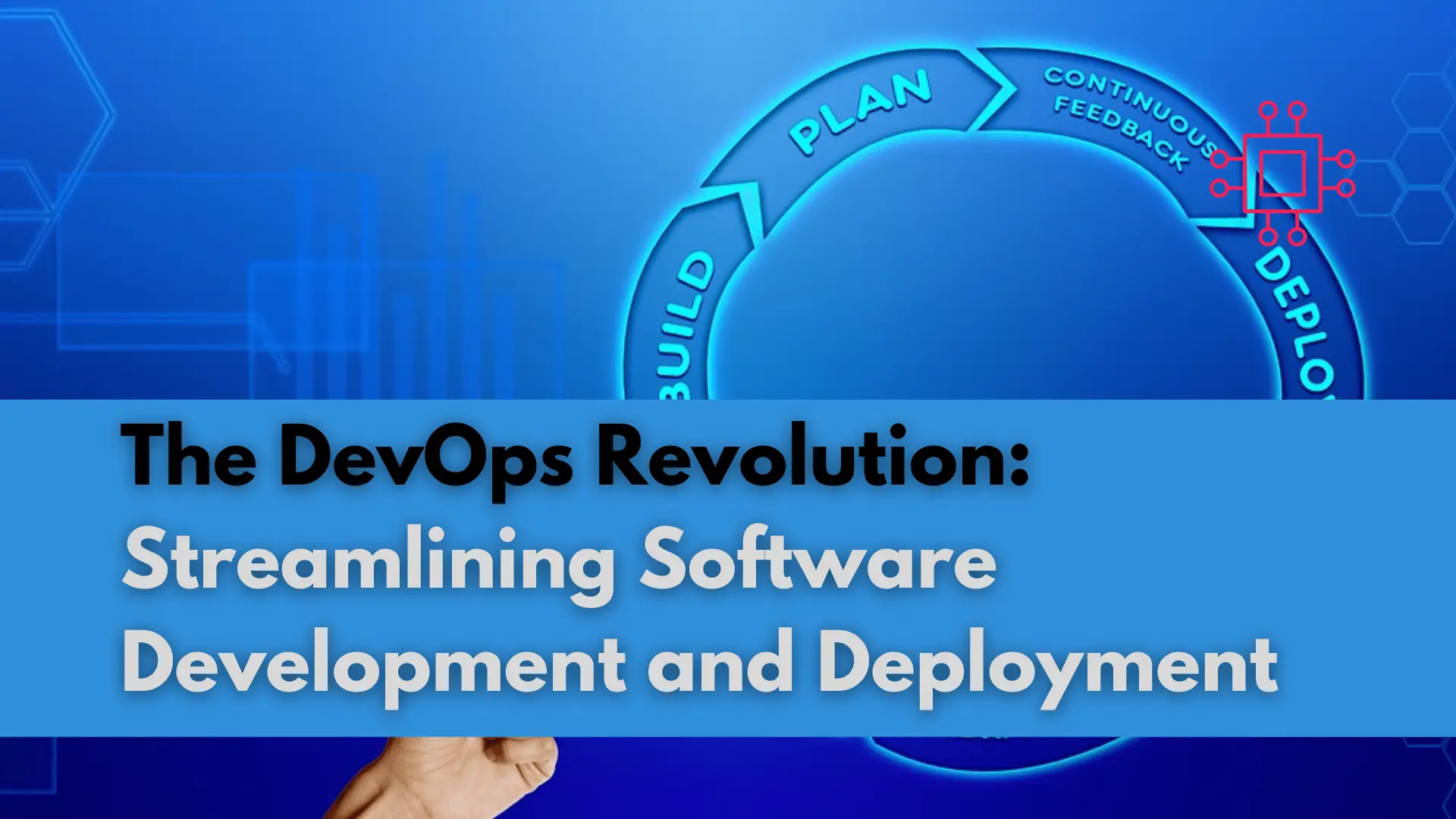
In this article, we will review the top 10 most commonly used Git commands. You can’t call yourself a competent DevOps Engineer or IT professional

Discover how the DevOps revolution is transforming software development and deployment, streamlining processes, and enabling organizations to achieve faster time-to-market and improved product quality.
The DevOps Revolution is a transformative approach to software development, deployment, and management. It brings together development, operations, and quality assurance teams, breaking down traditional silos and promoting a culture of communication, feedback, and continuous improvement. DevOps emphasizes collaboration, automation, and continuous delivery to improve the efficiency and speed of software development and deployment. In this article, we’ll explore the key components, benefits, and popular technologies of the DevOps revolution and provide tips for IT professionals looking to get started with this approach.
DevOps emerged in response to the growing demand for faster software development and deployment. The traditional software development approach, which involved separate teams for development, testing, and deployment, resulted in slower delivery times and limited collaboration between teams. The DevOps approach aims to break down these barriers by bringing together all aspects of software development and delivery under a single umbrella.

Photo by StartupStockPhotos from Pixabay
DevOps is a multi-faceted approach that encompasses several key components, including:
The benefits of DevOps are numerous and include:
If you’re an IT professional looking to adopt DevOps in your organization, there are several key steps you can take to get started:
There are several popular technologies that DevOps engineers use to streamline software development and deployment, including:
There are many resources available to help IT professionals learn more about DevOps, including online courses, books, and conferences. Some popular resources include:
The DevOps revolution represents a fundamental shift in the way organizations approach software development and deployment. By adopting a DevOps approach, organizations can achieve faster time-to-market, better product quality, and improved customer satisfaction.
IT professionals looking to get started with DevOps should focus on establishing key metrics, automating processes, fostering a culture of collaboration, and leveraging popular technologies such as Docker, Kubernetes, and Jenkins. With the right approach, DevOps can transform the way organizations deliver software and drive success in today’s fast-paced technology landscape.
Related Posts

In this article, we will review the top 10 most commonly used Git commands. You can’t call yourself a competent DevOps Engineer or IT professional

In this article, we will examine a play used to change the root password using Ansible. It will also encrypt the file the password is stored

In today’s article, we will review the step-by-step process involved with a Kubernetes cluster install on Ubuntu server version 20.04. However, this procedure will work
